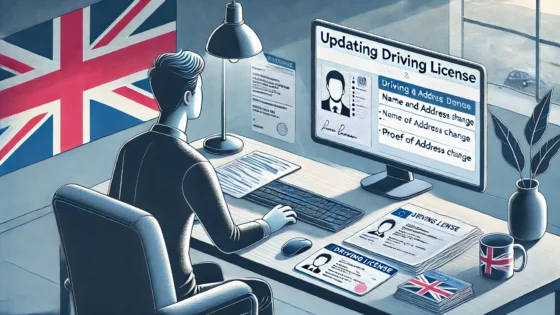Vehicle maintenance plays a crucial role in ensuring road safety and preventing accidents. A well-maintained vehicle operates efficiently and minimizes the risks associated with mechanical failures that could lead to dangerous situations on the road. Regular upkeep not only protects the driver and passengers but also ensures the safety of other road users by reducing the likelihood of accidents caused by preventable issues.
One of the most critical aspects of vehicle maintenance is ensuring that the brakes are in optimal condition. Faulty or worn-out brakes can result in an inability to stop the vehicle in time, leading to collisions, especially in high-traffic or high-speed situations. Regular inspections and timely replacement of brake pads and fluid are essential to maintaining their effectiveness and reliability.
Similarly, tire maintenance is vital for safe driving. Tires are the only point of contact between a vehicle and the road, and their condition significantly affects handling, braking, and stability. Worn-out or underinflated tires can lead to poor traction, especially on wet or slippery roads, increasing the risk of accidents. Regularly checking tire pressure, tread depth, and alignment ensures better control of the vehicle and reduces the chances of blowouts or skidding.
Engine and transmission maintenance also play a pivotal role in preventing accidents. An engine that is poorly maintained can overheat, stall, or fail unexpectedly, putting the driver and others at risk. Ensuring regular oil changes, inspecting coolant levels, and checking for unusual noises or warning lights can help identify potential problems before they escalate. A well-maintained engine performs efficiently, improving the overall driving experience and safety.
Lighting systems are another critical component that require regular checks. Headlights, taillights, brake lights, and turn signals are essential for visibility, especially during nighttime driving or in adverse weather conditions. Malfunctioning lights can make it difficult for drivers to see the road ahead or for other drivers to anticipate the vehicle’s movements, leading to accidents. Routine inspection and replacement of faulty bulbs or fuses ensure that the lighting system remains functional and effective.
Steering and suspension systems also demand attention. Issues with these components can result in poor vehicle control, particularly during sudden maneuvers or when driving on uneven surfaces. Regular inspections of power steering fluid, wheel alignment, and suspension components help maintain the vehicle’s stability and prevent potential mishaps.
Additionally, maintaining the battery and electrical systems is essential. A failing battery can lead to unexpected breakdowns, leaving the vehicle stranded in potentially hazardous locations. Regularly checking the battery’s charge, cleaning terminals, and ensuring secure connections can prevent sudden failures and ensure the vehicle starts reliably.
Ignoring regular maintenance schedules can lead to minor issues escalating into significant problems that compromise vehicle safety. For instance, neglecting to replace worn-out windshield wipers might seem trivial, but it can severely impair visibility during heavy rain, increasing the risk of accidents. Similarly, delaying the replacement of worn belts or hoses can lead to engine failures at critical moments.
Routine maintenance also ensures that vehicles remain compliant with safety regulations and standards. Periodic inspections, such as emissions testing and safety certifications, not only enhance the vehicle’s performance but also reduce environmental impact and contribute to safer roads.
In addition to technical benefits, vehicle maintenance fosters a sense of responsibility among drivers. Taking the time to ensure a vehicle is in top condition reflects a commitment to personal safety and the well-being of others. Neglecting maintenance, on the other hand, not only endangers the driver but also poses a threat to other road users, pedestrians, and passengers.
In conclusion, vehicle maintenance is a fundamental aspect of accident prevention. By regularly inspecting and servicing vital components such as brakes, tires, engine, lighting, and steering systems, drivers can significantly reduce the risk of accidents caused by mechanical failures. A well-maintained vehicle not only enhances safety but also ensures reliability, efficiency, and peace of mind for everyone on the road. Prioritizing maintenance is a simple yet effective way to contribute to safer driving conditions and protect lives.



